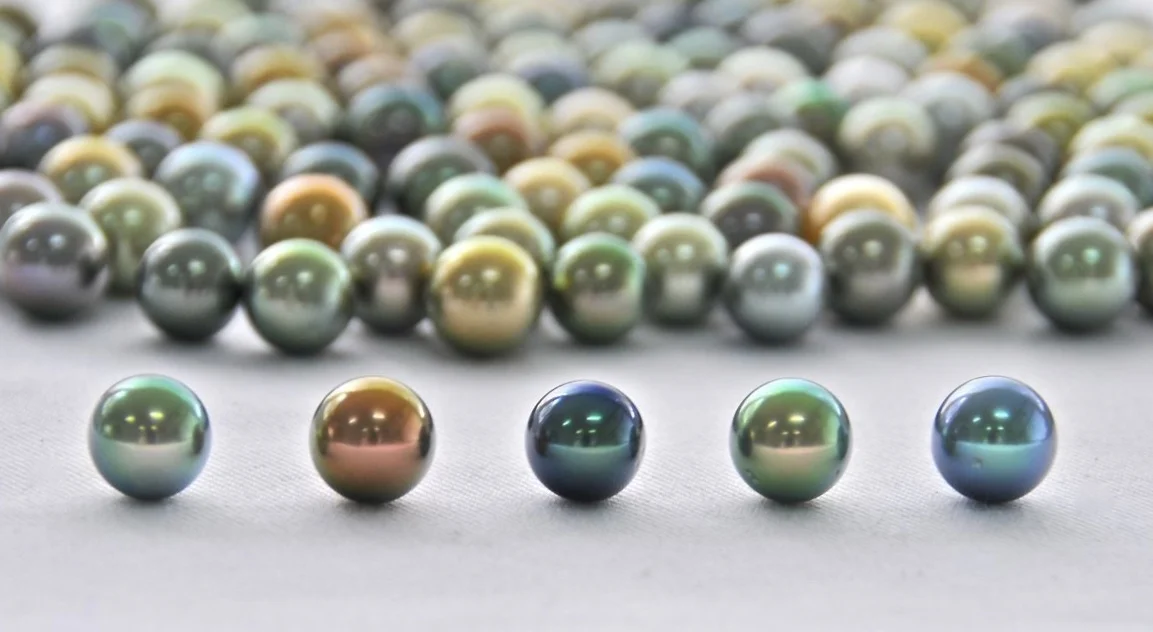“Every time we sell a pearl, we sell the story of Fiji,” said Justin Hunter. The marine biologist and founder of J. Hunter Pearls has put his native homeland on the world pearling map since returning from the US in 1999, while simultaneously promoting sustainable luxury among ethical consumers.
Based on Vanua Levu, Fiji’s second largest island, the company’s local workshops produce uniquely hued pearls and provide much-needed employment for local people. “I am very passionate about pearls being seen as sustainable and supportive to the communities that are a part of managing marine biodiversity,” said Hunter. And despite a limited harvest, the company is enjoying remarkable success.
J. Hunter Pearls' pearl farm off Fiji's Vanua Levu.
The idea behind the business was to produce pearls in beautifully distinctive hues that are also larger than those traditionally grown. Fiji itself doesn’t really have pearl oysters and the company has to make its own, which can take close to five years per pearl. But the rather technical and time-consuming process allows the introduction of characteristics and colors that range from warm shades of champagne, gold, copper, pistachio, cranberry, burgundy and chocolate, to cool hued pearls in shades of green, blue, purple and silvery-grey. And from humble beginnings on a remote coastal township in the South Pacific, today these pearls can be found alongside some of the world’s leading luxury jewelry brands.
J. Hunter Pearls sub-contracts work to rural youth and women’s groups who re-invest the money they earn into village projects and infrastructure.
Since its inception, J. Hunter Pearls has worked in close partnership with local communities on Vanua Levu to ensure that the ensuing benefits are felt among the wider population. Providing local employment to 50 full time staff and over a 100 part-time workers, the company gives islanders the resources to improve their villages whilst still retaining their traditional way of life.
A significant part of the brand’s philosophy and day-to-day business practices involves the protection and preservation of the natural environment. “When you buy a Fiji pearl, a consumer should feel like they are investing in our oceans and in the long-term health of our planet,” said Hunter. And to ensure the nutrient rich bays stay pristine, the company adheres to a strict environmental code of practice, which has had the added benefit of increasing fish stocks for local communities, which rely on fisheries for food and income.
Related Reading:
De Beers To Offer Lab-Grown Diamonds
Chopard Continues Its Sustainability Journey




